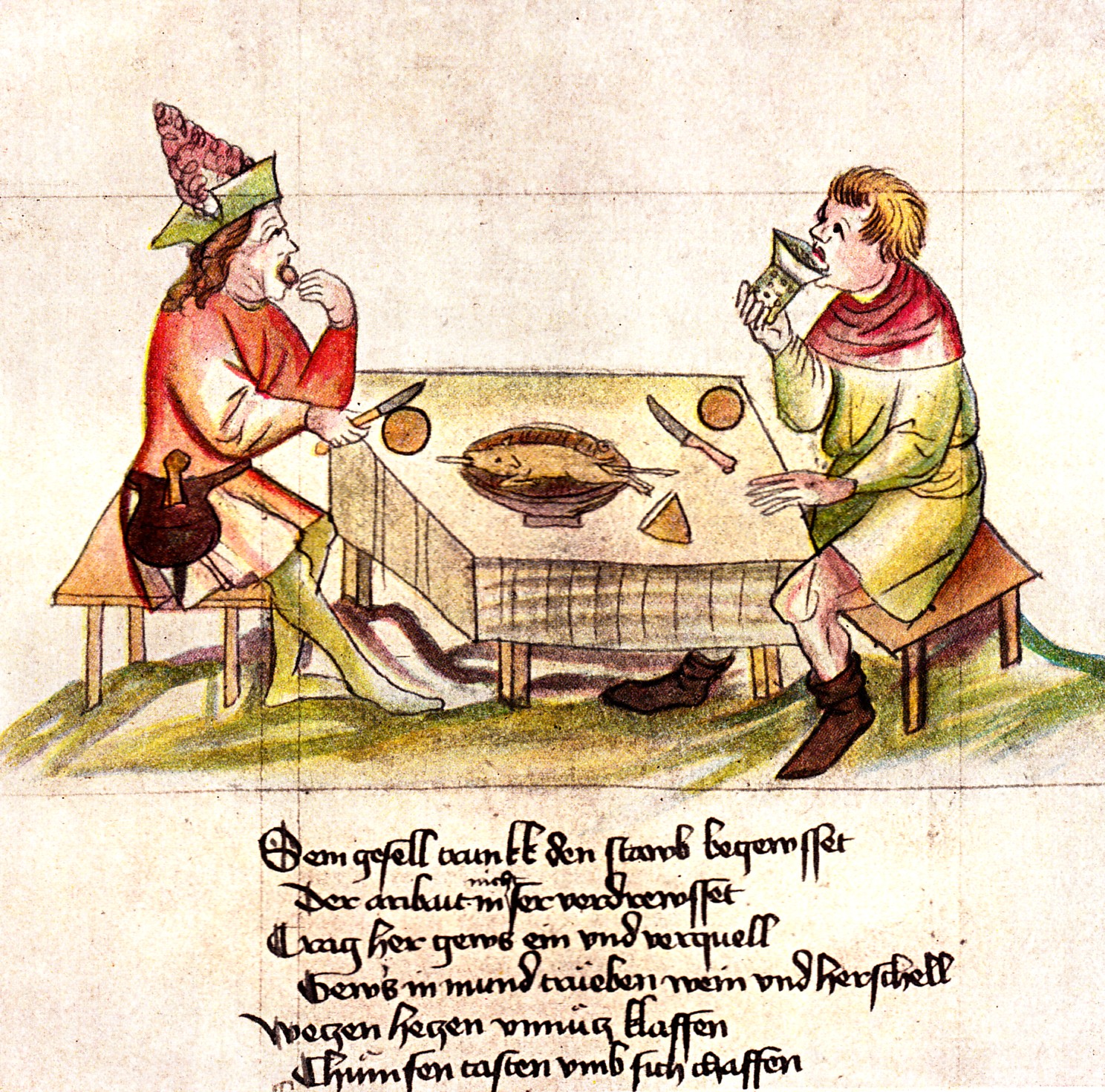|
Matete Market
The Matete Market ( French: ''Marché de Matete''), also known as Matete Municipal Market (''Marché Municipal de Matete''), is a marketplace located in Matete, Kinshasa. Situated in the southern part of the city on a marshy alluvial plain, it is the third-largest market in Kinshasa and a vital economic center for the surrounding area. The market features a diverse range of sales facilities, categorized into four types based on their level of equipment and the income levels of the businesses operating within them. These include enclosed shops and store, semi-open pavilions supported by structural posts, vendor tables, and rudimentary open-air setups at ground level. Profile Location The Matete Market, established in 1968, is located in the Matete commune of Kinshasa, within the southern sector of the city atop a marshy alluvial plain. Geographically, it is bordered by the Tomba and Kinzazi neighborhoods to the north, the Bahumbu and Mpudi neighborhoods to the south, th ... [...More Info...] [...Related Items...] OR: [Wikipedia] [Google] [Baidu] |
Matete
Matete is one of the 24 communes of Kinshasa, the capital city of the Democratic Republic of the Congo. Situated in the Mont Amba District in the southern part of Kinshasa, Matete spans an area of 4.80 square kilometers and had an estimated population of 854,908 as of 2015. It shares borders with the communes of Lemba and Limete to the north, Kisenso to the south, N'djili to the east, and Lemba to the west. The commune hosts the Marché de Matete, Kinshasa's third-largest shopping center, which serves as a key economic hub. As a decentralized administrative entity, Matete receives state subsidies and taxes collected from the market. Location Matete is located south of Boulevard Lumumba () from the Matete River, just east of the Limete Tower interchange, to the Ndjili River further east. The two rivers are the western and eastern boundaries of the commune. In the west the commune extends south to the level of Rue Frontière and in the east down to the level of Mbamba ... [...More Info...] [...Related Items...] OR: [Wikipedia] [Google] [Baidu] |
Table (furniture)
A table is a piece of furniture with a raised flat top and is supported most commonly by 1 to 4 legs (although some can have more). It is used as a surface for working at, eating from or on which to place things. Some common types of tables are the dining room tables, which are used for seated persons to eat meals; the coffee table, which is a low table used in living rooms to display items or serve refreshments; and the bedside table, which is commonly used to place an alarm clock and a lamp. There are also a range of specialized types of tables, such as drafting tables, used for doing architectural drawings, and sewing tables. Common design elements include: * Top surfaces of various shapes, including rectangular, square, rounded, semi-circle, semi-circular or oval * Legs arranged in two or more similar pairs. It usually has four legs. However, some tables have three legs, use a single heavy pedestal, or are attached to a wall. * Several geometries of folding table that can ... [...More Info...] [...Related Items...] OR: [Wikipedia] [Google] [Baidu] |
Economy Of Kinshasa
An economy is an area of the production, distribution and trade, as well as consumption of goods and services. In general, it is defined as a social domain that emphasize the practices, discourses, and material expressions associated with the production, use, and management of resources. A given economy is a set of processes that involves its culture, values, education, technological evolution, history, social organization, political structure, legal systems, and natural resources as main factors. These factors give context, content, and set the conditions and parameters in which an economy functions. In other words, the economic domain is a social domain of interrelated human practices and transactions that does not stand alone. Economic agents can be individuals, businesses, organizations, or governments. Economic transactions occur when two groups or parties agree to the value or price of the transacted good or service, commonly expressed in a certain currency. However, mone ... [...More Info...] [...Related Items...] OR: [Wikipedia] [Google] [Baidu] |


